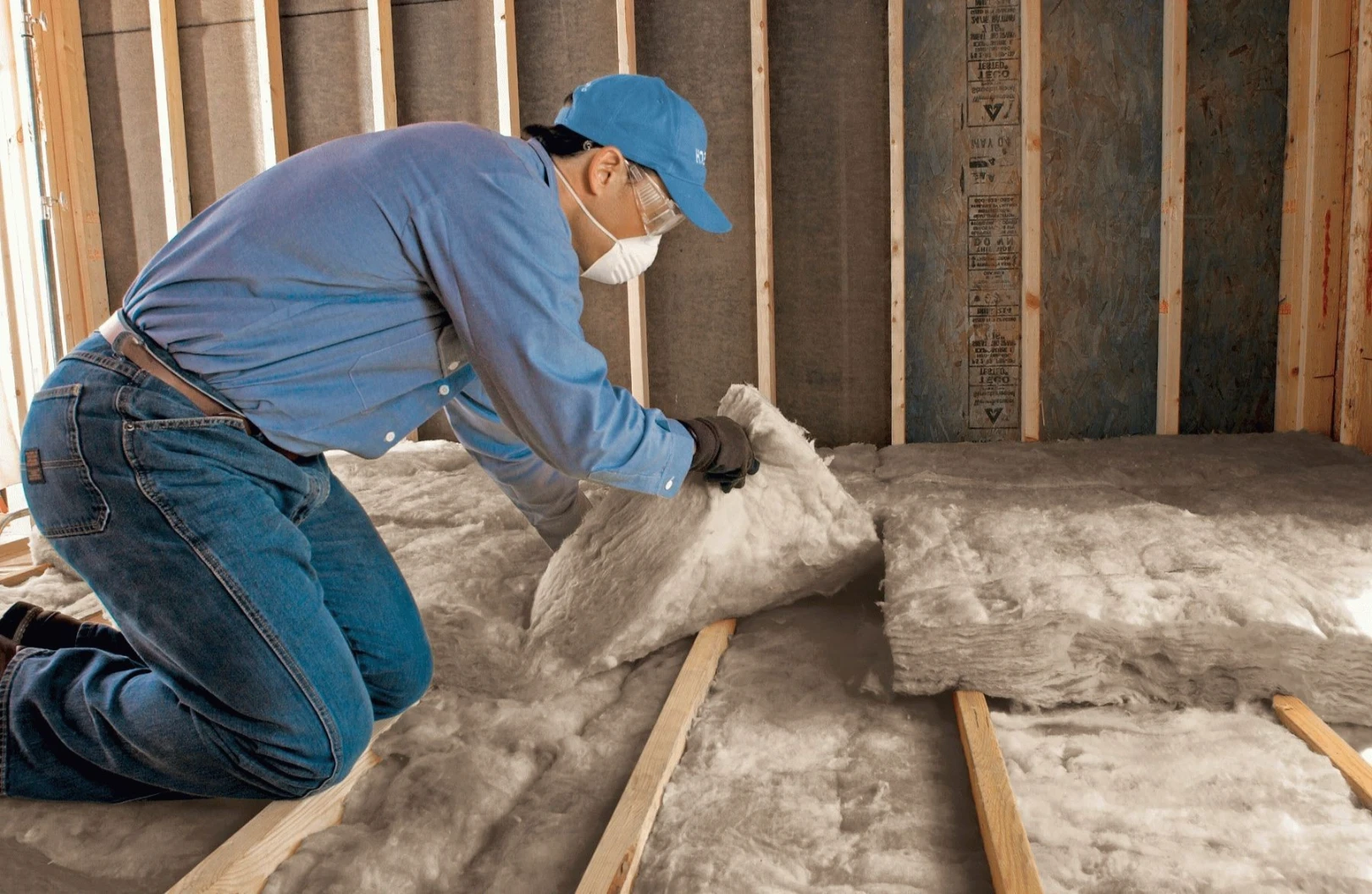
Effective floor insulation is a key element of modern home design, providing comfort, energy efficiency, and long-term savings. In Enterprise, AL, shifting climate patterns and rising energy costs have amplified the need for innovative insulation solutions. As homeowners seek practical ways to enhance their living spaces, floor insulation trends are evolving to meet modern demands. This guide explores the latest advancements in floor insulation and their relevance for contemporary homes.
The city’s warm climate and periodic temperature fluctuations present unique challenges for maintaining indoor comfort. Floor insulation acts as a critical barrier against heat transfer, minimizing energy loss and keeping your home comfortable year-round. Additionally, modern insulation materials can help reduce noise levels and increase the overall durability of your floors. These benefits make it an essential upgrade for homeowners prioritizing energy efficiency and sustainability.
The growing emphasis on sustainability has fueled the adoption of eco-friendly insulation materials. Products like recycled denim, cork, and sheep’s wool provide effective thermal barriers while reducing environmental impact. These materials are biodegradable, renewable, and often have excellent insulating properties comparable to traditional options like fiberglass.
Spray foam continues to dominate the market due to its versatility and efficiency. This material expands upon application, filling gaps and providing a seamless insulating layer. In Enterprise’s climate, spray foam is especially effective for preventing heat infiltration during hot summers.
Radiant floor systems are gaining popularity for their dual functionality: heating and insulation. These systems involve embedding heating elements beneath the floor surface, offering consistent warmth during cooler months. Combined with proper insulation, radiant floors enhance energy efficiency and provide unmatched comfort.
Rigid foam boards, such as expanded polystyrene (EPS) and extruded polystyrene (XPS), are known for their high R-value and durability. These materials are particularly effective for insulating crawl spaces, basements, and slab foundations.
Aerogel, often referred to as “frozen smoke,” is an advanced material known for its exceptional insulating properties. Despite being lightweight, it offers superior thermal resistance, making it ideal for modern homes looking to maximize energy efficiency.
PCMs are an innovative solution that absorbs and releases heat as they transition between solid and liquid states. This technology helps regulate indoor temperatures, reducing reliance on HVAC systems.
Smart insulation integrates sensors to monitor and adjust insulation performance in real-time. These systems can provide homeowners with valuable data on energy usage and areas of improvement.
Selecting the ideal insulation involves considering factors like climate, floor type, and budget. Here are some key considerations:
Consulting with professionals ensures accurate material selection and installation. Premier Insulation Plus specializes in floor insulation solutions tailored to Enterprise’s unique climate. Contact us at (850) 600-4402 or email [email protected] to learn more.
Moisture can compromise the performance of insulation and lead to mold growth. Use moisture-resistant materials like closed-cell spray foam or rigid boards to mitigate this issue.
Improper installation can reduce insulation effectiveness. Always hire trained professionals to ensure proper application and maximize performance.
While high-performance materials may seem costly, they often result in energy savings that offset initial expenses. Consider rebates and tax incentives available for energy-efficient home upgrades.
Upgrading floor insulation is an investment in your home’s future. Whether you’re focused on energy savings, comfort, or environmental impact, modern insulation solutions offer a range of benefits tailored to your needs. Contact Premier Insulation Plus at (850) 600-4402 or email us at [email protected] for personalized recommendations and professional installation services. Let’s work together to create a more comfortable, efficient home.
Costs vary depending on the material and project size. On average, homeowners spend between $1,000 and $3,000 for professional installation.
DIY installation is possible for some materials, but professional installation ensures better performance and longevity.
Most insulation materials have a lifespan of 20 to 50 years, with proper maintenance extending their usability.
Closed-cell spray foam and rigid foam boards are ideal for crawl spaces due to their moisture resistance and durability.
Yes, materials like cork and recycled denim provide excellent soundproofing in addition to thermal insulation.
Yes, many states offer tax incentives and rebates for energy-efficient home improvements. Check local programs for details.
Signs include uneven temperatures, high energy bills, and visible damage like mold or water stains.
Yes, eco-friendly materials offer comparable thermal resistance and additional sustainability benefits.
Moisture-resistant materials like spray foam can reduce the likelihood of mold growth, especially in humid climates.